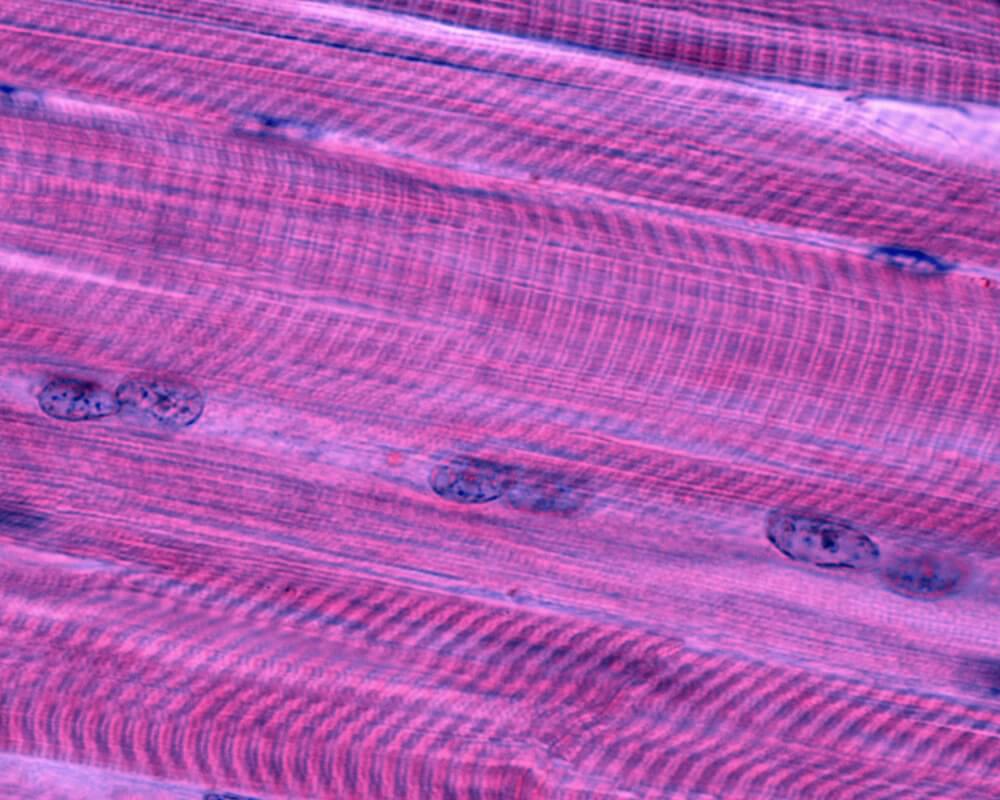The world’s two biggest plane makers say the technology could have a negative impact on the aviation industry.




Chemists can manipulate molecules, watch proteins interact and share their work with colleagues in the virtual reality platform.
Chemists may be one of the first researchers to see the benefits of working in virtual reality instead of actual reality. The VR software company Nanome has a 21st century replacement for the ball and stick models that date from 1,865 as well as software models that create 2D images of molecules on computer screens.
The VR platform has won over highly educated researchers who are skeptical of everything who at the same time have been waiting for decades for this technology to mature, according to Steve McCloskey, founder and CEO of Nanome.

Researchers say they have found a growth hormone in the colon that helps damage DNA, which aides in the aging process. The finding could lead to new therapeutic approaches to aging-associated disorders like cancer.
Whereas circulating pituitary growth hormones decline with age, non-pituitary growth hormones, or npGH, increase with age. That means the colon tissue growth hormone helps initiate the first stages of tumor development and influence the aging process, Cedars-Sinai Medical Center researchers said in research published in the journal Cell Reports.
At the core of the issue is npGH blocking a certain protein from protecting DNA from damage. The protein, p53, is a tumor suppressor that helps repair DNA, but it can also awaken growth hormones.


The world’s first injectable medication to reduce the risk of acquiring HIV has been approved by the Food and Drug Administration (FDA), the agency announced Monday (December 20).
The injectable drug – called Apretude or its generic name, “cabotegravir extended-release injectable suspension” – provides an alternative to daily pills for HIV prevention, such as Truvada and Descovy. These pills are up to 99 percent effective at preventing the sexual transmission of HIV, but must be taken every day to be that effective, according to the Centers for Disease Control and Prevention (CDC).
By contrast, to start Apretude, people initially receive two shots, spaced one month apart, and then they receive an injection every two months thereafter, according to the FDA statement.
Watch the launch of the James Webb Space Telescope—the most powerful space telescope ever made. This mission is scheduled to lift off at 7:20 a.m. EST (12:20 UTC), Dec. 25, 2021, aboard an Ariane 5 rocket from Europe’s Spaceport in French Guiana.
With revolutionary technology, Webb will observe a part of space and time never seen before, providing a wealth of amazing views into an era when the very first stars and galaxies formed–over 13.5 billion years ago.
It can explore our own solar system’s residents with exquisite new detail and study the atmospheres of distant worlds. From new forming stars to devouring black holes, Webb will reveal all this and more! It’s the world’s largest and most powerful space telescope ever built.
Webb is an international collaboration between NASA, ESA (European Space Agency), and CSA (Canadian Space Agency). Thousands of engineers and hundreds of scientists worked to make Webb a reality, along with over 300 universities, organizations, and companies from 29 U.S. states and 14 countries!
Ready to #UnfoldTheUniverse? The greatest origin story of all unfurls soon.
Toyota Research Institute has put what looks like little puffy oven mitts on its robots’ grippers so they can handle and identify things by touch the way we naturally do. We got an exclusive early peek.
Like us on Facebook: https://www.facebook.com/cnet.
Follow us on Twitter: https://www.twitter.com/cnet.
Follow us on Instagram: http://bit.ly/2icCYYm.
Follow us on TikTok: https://vm.tiktok.com/ZMd2h6yac/

